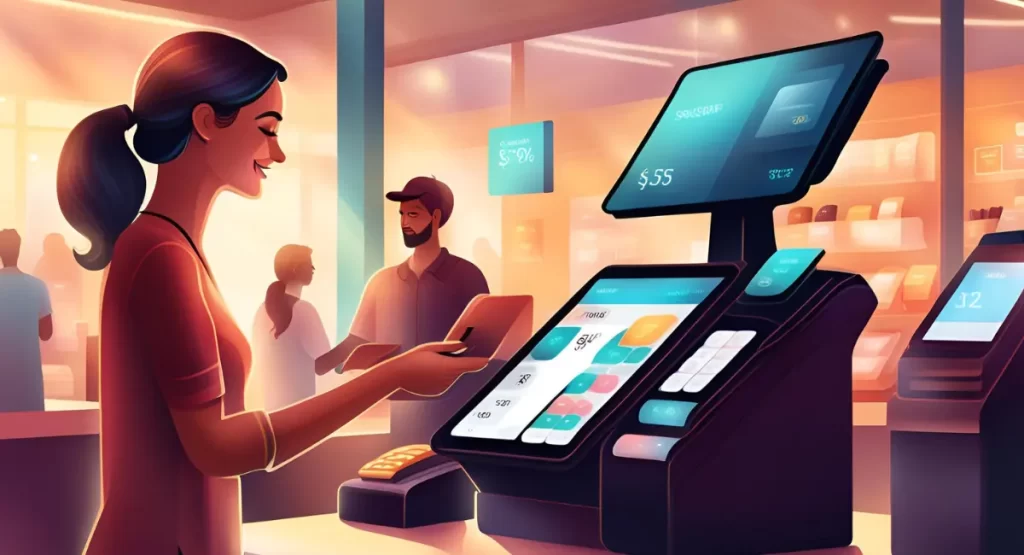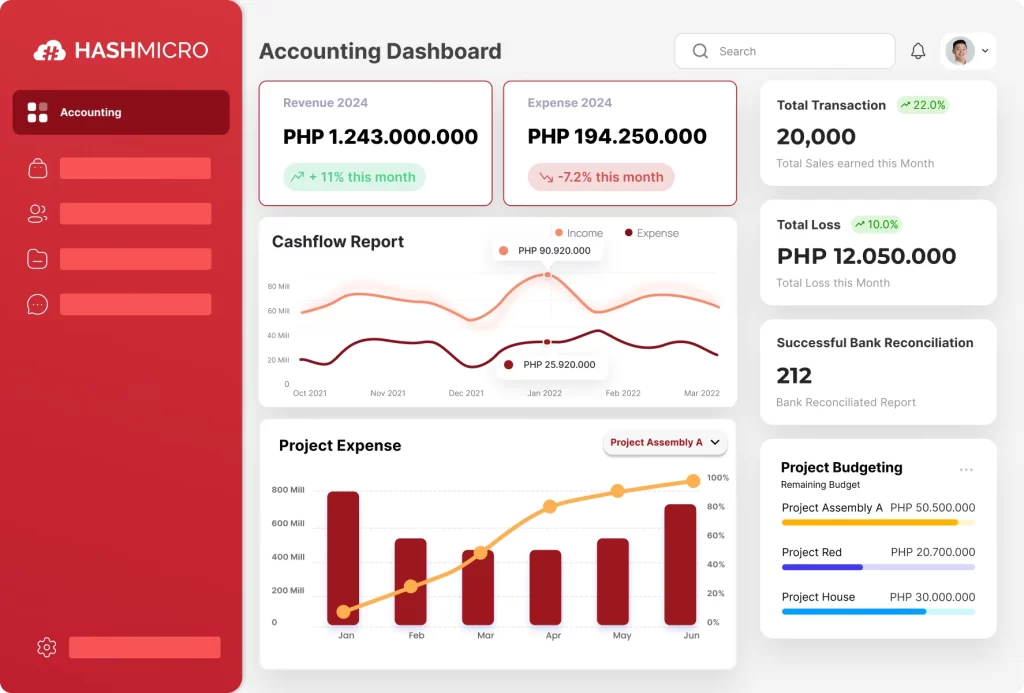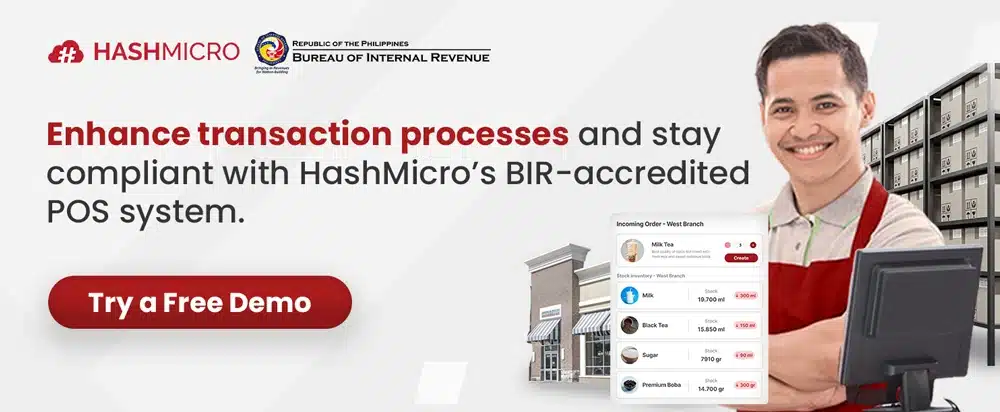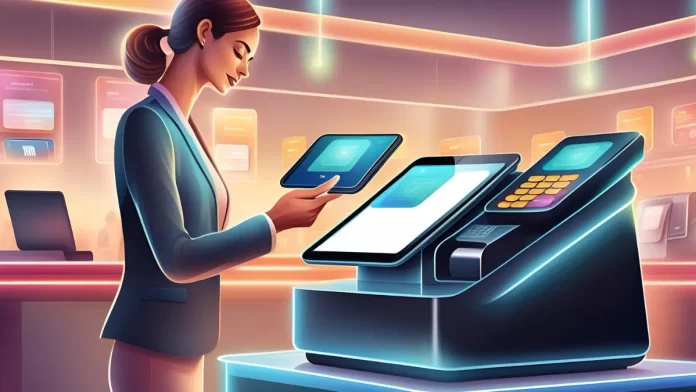Naisip mo na ba kung ano ang ibig sabihin ng pos integration at kung paano nito mababago ang iyong negosyo? This POS integration meaning allows your operations platform to access real-time data directly from your POS system.
The integrated setup automatically records daily sales and labor accruals for various business functions, such as accounting and general ledger maintenance.
While some companies provide customizable POS solutions, these can be expensive and time-consuming.
Effective POS integration ensures compatibility, positioning the online point of sale as part of a broader cloud-based accounting and operations framework.
Table of Contents
Key Takeaways |
Why POS Integration is Essential for Business

Integrating your POS software with your accounting platform centralizes crucial data collection regarding daily sales and labour. This integration eliminates the need for manual data entry, streamlining general ledger inputs and reducing errors.
Beyond immediate efficiencies, POS integration enhances your long-term business strategy by providing accessible data. When your accounting system retrieves information directly from your retail ERP system, you gain a real-time view of your financial health.
How Can You Integrate Your POS App with eCommerce Platforms?
Once you recognize the benefits, it’s time to explore the steps for POS integration with your eCommerce platform. Here are six key steps to achieve a successful integration:
- Evaluate Your POS: Conduct a thorough review of your current POS system to assess its features, such as inventory management and sales reporting. Understanding its strengths and weaknesses will help you identify any gaps that must be addressed for a successful integration.
- Consider Your Requirements: Outline your requirements for the integration, focusing on functionalities essential to your business objectives. For example, POS for Philippines’ sari sari stores ensures that your chosen system meets your needs, such as inventory tracking, sales reporting, and ease of use.
- Ask the Right Questions: Engage with your POS vendor to ask critical questions about how the system can support your online store. Understanding features like payment processing and shipping options will clarify how the POS can enhance your eCommerce operations.
- Set Up POS and Online Store Systems: Ensure your POS transaction and online store systems are correctly configured to work together, possibly involving APIs or middleware. Testing the connection is crucial to confirm that data flows smoothly, including product availability and sales transactions.
- Tweak Product Descriptions and Images: Optimize your product listings by enhancing descriptions and images to improve clarity and appeal.
- Optimize for Improvement: Adopt a continuous improvement mindset by regularly reviewing your integration’s performance. Gathering feedback and utilizing analytics will help you make data-driven adjustments that enhance efficiency and customer satisfaction over time.
These steps will help you seamlessly integrate your retail POS app with your eCommerce sites, improving business performance.
How Does POS App Integration Affect Financial Reporting?

Integrating your cloud POS system with accounting software can transform how you manage financial reporting, offering enhanced accuracy and efficiency.
Below, we explore several key aspects of how POS system integration impacts financial reporting.
1. Daily Sales Summary
An integrated POS system automates transaction creation within your accounting software, generating a “Daily Sales Summary” for each branch and day. Each sales ticket produces journal entries for revenue, payment methods, and discounts.
This integration connects your retail POS system’s sales reporting and receipt details to your general ledger, providing a detailed view of transactions.
2. P&L Statement
With POS integration, you can automate financial reporting tailored to your needs, facilitating informed, data-driven decisions. Comprehensive sales reports allow for customizable recurring analyses by location.
Business intelligence generated from real-time POS and operational data equips you with critical insights for enhancing operations.
3. Labor Data
POS eCommerce integration streamlines data transfers between systems, allowing you to track time entries and accrue labour costs in your general ledger.
This integration enables quick staffing adjustments and automatically records time entry details across different roles. Access to real-time labour data allows daily informed decision-making rather than waiting weeks for updates.

Conclusion
Integrating your types of POS system with your accounting and operations platform can elevate your POS from a cash register to a vital component of an innovative, data-driven business strategy.
Understanding what POS integration entails and its key benefits enables owners, employees, and managers to automate essential aspects of maintaining a healthy and profitable operation.
After evaluating your software pricing options, you can select the right POS app vendor, such as HashMicro. Share your business type and industry with us, and we’ll provide tailored business solutions, including a free demo of our POS system.

FAQ
-
What is a POS system?
A POS system is a technology businesses use to process sales, manage transactions, and track inventory, typically consisting of a terminal, software, and payment processing capabilities.
-
What is an integrated point-of-sale system?
An integrated POS system combines various business functions, such as inventory management and customer relationship management, into one cohesive platform.
-
How to integrate ERP with POS?
To integrate ERP (Enterprise Resource Planning) with a POS system, you typically use middleware or APIs to connect the two systems, ensuring seamless data flow between them.




































